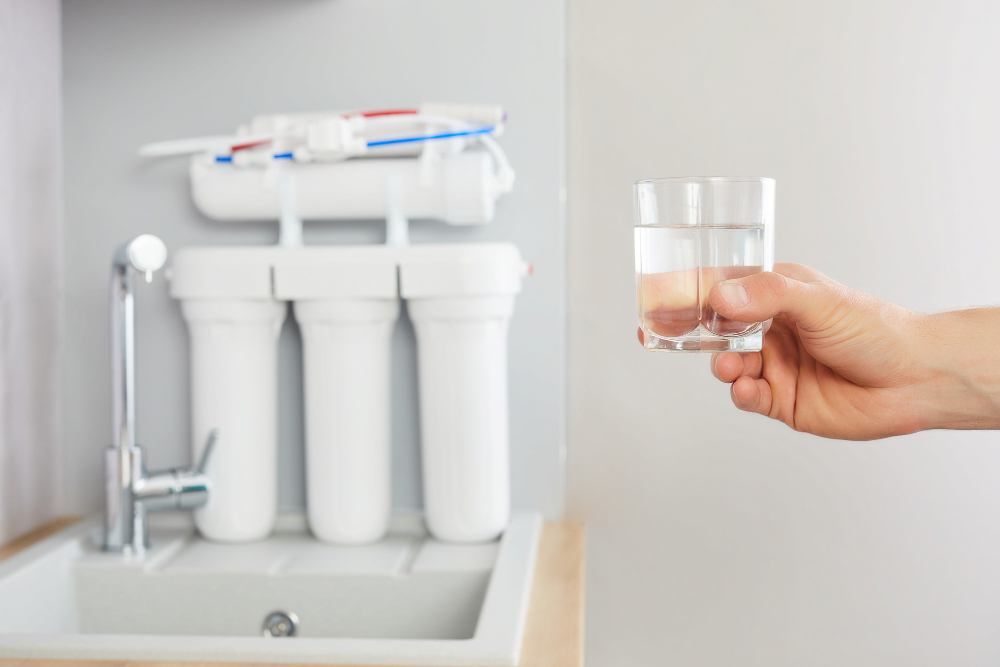 Mar 06, 2024
Mar 06, 2024
Many of us rarely think about the quality and safety of the tap water in our homes. We simply turn on the tap, fill our glasses, and guzzle the water down without a second thought. But have you ever stopped and wondered if your tap water is safe to drink? This is something you should be concerned about, especially with the ever-present headlines about environmental contamination. In this article, Rooter Man Plumbing discusses what you need to know about tap water and the various measures you can put in place to keep your tap water clean.
Knowing where your tap water comes from is the first step in understanding its potential safety concerns and the treatment processes it undergoes before reaching your faucet. The following are the three main sources of water:
Improving the quality of water in your home should start with performing a water test. Knowing your water's specific makeup will help you make informed decisions. Consider purchasing a home water testing kit or contacting your local plumbing service to inquire about testing options. Water testing can reveal potential contaminants like lead, chlorine, or nitrates, allowing you to address them appropriately.
If you live in an area with hard water, it’s best to install a water softener. This device or appliance reduces the hardness of water by removing minerals, primarily calcium and magnesium. Hard water can cause problems like soap scum buildup, scale formation in appliances, and even affect the taste of your water. A water softener removes these minerals, making the water "softer" and potentially improving its taste and overall quality. Call a nearby plumbing service for water softener installation and enjoy the benefits of softened water.
No matter the source of your tap water, a filtration system can help improve its quality for consumption, cooking, and other domestic purposes. A water filtration system, as the name implies, removes contaminants, impurities, and particles from water. Water filtration systems can be installed at the point where water enters a house or at the point of use, such as directly at a faucet. Here at Rooter Man Plumbing, we recommend you hire a trusted plumbing repair service for water filtration system installation.
Over time, pipes can deteriorate and leach harmful substances like lead or copper into your water. If your pipes are showing signs of deterioration, consider repiping your home. We also recommend replacing galvanized steel or lead pipes with safer alternatives like copper or PEX pipes. Consult a licensed plumber for professional guidance and recommendations.
Even pinhole leaks can provide entry points for contaminants to enter your water supply. Have a reputable plumbing repair service regularly inspect your plumbing fixtures for leaks and address them to safeguard your water quality.
Sediment can accumulate at the bottom of your water heater over time, especially if you’ve not installed a water filter, and impact your water quality and water heater efficiency. Our plumbers recommend you flush and drain your water heater at least once per year to remove sediment buildup and maintain optimal performance.
Our knowledgeable and experienced plumbers can help you with everything from water testing to water softener installation, pipe replacement, leak repair, water filtration system installation, and more. Contact us online or give us a call to schedule a convenient appointment.